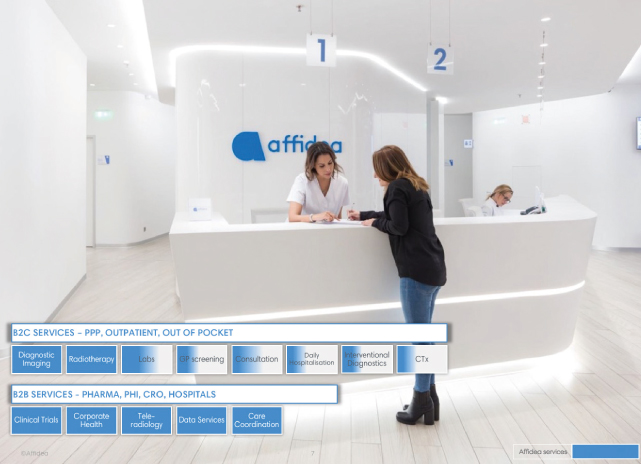Implementation and integration challenges
Over the last few years, we have seen a rapid rise in the popularity of Artificial Intelligence (AI). This will be a prime focus for attendees at this year’s European Congress of Radiology. As a member of the European Commission’s AI Alliance, I am optimistic and excited about the real-world application of AI, but we must first address issues around integration and how best to operationalise this technology.
With access to fast computing and the data sets required to build AI algorithms becoming ubiquitous, we are witnessing an interesting shift from asking if things are possible with AI, to how we can operationalise it. There are two different philosophies in how AI may be implemented – either within a network or by individual centre. On a network level, this allows speed and ease of implementation. However, costs will be greater and data across the network must be consolidated and standardised. If implementing at centre level, there will be no upfront infrastructure costs and piloting AI will be less expensive. The disadvantage of this approach is its difficulty in scaling up should it prove to be of value, and should the wrong centre be chosen an erroneous opinion of the efficacy of the application may be inferred.
Demonstrating the value of AI is a challenge in the real world and will be at the top of the healthcare agenda over the next few years. Cost/ benefit analyses need to be undertaken and the results quantified. For example, in a recently published radiology article – a breast AI application improved accuracy but not speed of reporting when compared to a group of expert breast radiologists. In terms of cost, every healthcare system will differ on who pays for AI and how much they are willing to pay. In some countries such as the US, tariffs are already in place for the use of computer aided diagnosis (CAD) systems – this is not so common in Europe and almost unheard of outside a few selected specialties.

At Affidea we have an ideal environment to answer many of these questions that will arise as more and more applications become certified. Firstly we have standardisation of data input with the CT Dose Excellence and MR Excellence programs; these are the largest CT dose and MR sequence optimisation programs running globally (to my knowledge) that unifies both the sequences used (by body part and by indication) and the underlying master data. Secondly, we have a common imaging network across 8 of our countries (to be 10 by the end of 2019) which provides both scale and ease of implementation. Thirdly, our subspecialty groups enable us to leverage the human expertise from across our countries to inform the excellence programs and develop new clinical products that can be rolled out through the Affidea Academy and Centres of Excellence. Ultimately, this combination of process management and clinical excellence can be offered to third parties through teleradiology and will be a vehicle to offer embedded AI tools as they come online.
Geographical coverage of 16 countries in and around Europe provides access to 16 unique healthcare markets. We have learned that one size definitely does not fit all when it comes to what healthcare payors prioritise and accept - be that State, Insurance company or our own patients who pay directly. We are in the process of piloting several different AI solutions to look for answers to these very questions; not if they work, but how to make them work in the real world at scale. It will be fascinating to see whether there will be first mover advantage in play, and how countries adapt to the new reality of AI powered health care.
Affidea at a glance:
- Multinational healthcare provider, with presence in 246 centres across 16 countries in Europe, providing high quality affordable care for millions of patients every year.
- Working with over 7,500 professionals, producing 13 million scans every year.
- Affidea is the only healthcare operator in Europe to sit on the Imaging Advisory Board of IBM Watson Health and also sits on Microsoft Cloud’s board
- 50% of the European winning centres awarded by the European Society of Radiology belong to Affidea




